Ray Hilborn tells US Senate overfishing shouldn’t be most important concern
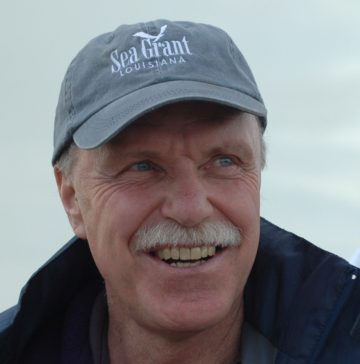 A U.S. Senate subcommittee considering the reauthorization of the Magnuson-Stevens Act heard additional testimony Tuesday, with a University of Washington researcher telling lawmakers the U.S. is leaving money in the ocean. Ray Hilborn, a professor at the university’s School of Aquatic and Fishery Sciences, noted that in many cases fisheries aren’t even bringing in half of the total allowable catch in some seasons. For example, in 2015, mixed bottom commercial fishermen caught USD 65 million (EUR 55.1 million) worth of fish available in the West Coast. The total allowable catch had an estimated value around USD 168 million (EUR 142.5 million). click here to read the story 12:20
A U.S. Senate subcommittee considering the reauthorization of the Magnuson-Stevens Act heard additional testimony Tuesday, with a University of Washington researcher telling lawmakers the U.S. is leaving money in the ocean. Ray Hilborn, a professor at the university’s School of Aquatic and Fishery Sciences, noted that in many cases fisheries aren’t even bringing in half of the total allowable catch in some seasons. For example, in 2015, mixed bottom commercial fishermen caught USD 65 million (EUR 55.1 million) worth of fish available in the West Coast. The total allowable catch had an estimated value around USD 168 million (EUR 142.5 million). click here to read the story 12:20
Hearing: Reauthorization of the Magnuson-Stevens Fishery Conservation and Management Act: Fisheries Science – click here

































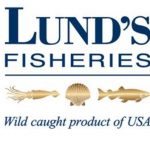



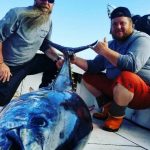
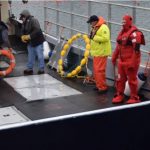

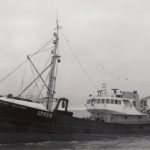

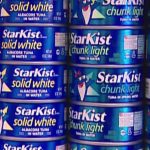




John Hocevar, what are you and Greenpeace doing about the 1400 or so 650′ tall wind turbines and their labyrinth of million Watt trunk lines, all slated to go up between NY Harbor east to Nantucket about 20nm from shore on rich, prolific bird, mammal, and fish habitat? Or how about the seismic blasting (whale deaths?) occurring right now on the Outer Continental Shelf so the oil barons can find the most expedient areas to “drill-baby-drill”? And talk about habitat destruction…been around a wind turbine platform being pile driven into the “bottom habitat” lately? Not to mention the charge (by Nautilus Minerals Inc. and the like) to deep sea mine “rare earth metals” for Bill Gates’ and Paul Allen’s precious e-gizmos by extracting the first 3 feet or so of ocean bottom which is then sent above to a processing factory ship?
When you start protesting those true threats to the ocean, then you can say something about the fishermen and women’s effect on “threatened species”, which we cannot by law catch and must steer clear of, the “marine mammals bycatch”, which are rare and must be documented and reported, or the “habitat destruction from bottom trawl gear”, which by the way according to several studies most recent one from Australia (http://cfooduw.org/australian-tralwling-impacts/) has relatively insignificant consequences on the environment. FYI trawl gear has emerged to where the trawl doors fly a good 6 feet off the bottom and the lighter sweeps and finer twine renders a trawl net more as “tickling” the bottom, raising the fish which fall back into the net. Trawl gear does not result in habitat destruction, bottom trawled for decades sustains fish and fishing. Fishermen return to fish same 125 foot wide “tows” and catch fish, year after year, and hand down the same coordinates generation after generation. The bottom minerals extraction, and oil drilling, and wind turbine construction destroy the bottom.
So John Hocevar, either drop the fund-raking propaganda and start telling the truth—or get a job! One that actually produces something useful for all the people, not just the Monterey-by-the-Sunset-Bay cocktail set. You know, the other “little people who live along the coast”, people who happen to fill the need for fresh- unchemicalized, healthy food, such as say…FISH, which just happens to have the lowest carbon footprint per pound of any other protein production.
And please, don’t dare question the veracity of one of the scientists who works at being true to an essential postulate of the scientific method: Objective, Unbiased, Un-agenda adulterated observation in order to identify a problem or a need and move toward a possible solution to address that challenge. That kind of integrity has nothing to do with your political, faux-environmental zeal, and NGO fundraising and shouldn’t even appear in the same article.
PS, Seafood Source, where this Hilborn article originates, has taken down my below comment twice now!